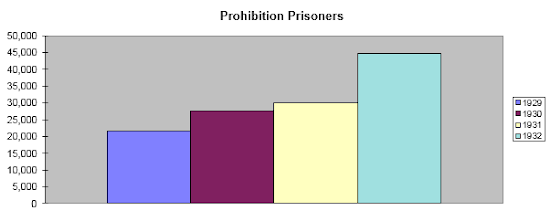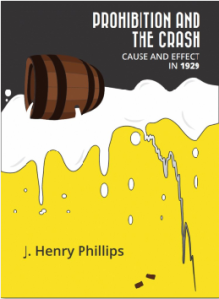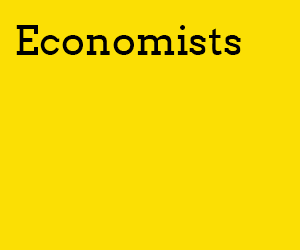Volstead Act Totalitarianism, II-32
 |
SEC. 32. In any affidavit, information, or indictment for the violation of this Act, separate offenses may be united in separate counts and the defendant may be tried on all at one trial and the penalty for all offenses may be imposed. It shall not be necessary in any affidavit, information, or indictment to give the name of the purchaser or to include any defensive negative averments, but it shall be sufficient to state that the act complained of was then and there prohibited and unlawful, but this provision shall not be construed to preclude the trial court from directing the furnishing the defendant a bill of particulars when it deems it proper to do so.
***
Following Assistant Attorney-General Mabel Willebrandt's example, prosecutors routinely "stack charges" against a defendant, thus building a very long potential prison sentence if convicted, and then approach the defendant with a "plea deal" that would result in a guaranteed, substantially reduced charge and sentence if the defendant agrees to plead guilty to the reduced offense. By stacking income tax charges onto prohibition cases prosecutors circumvented the Fourth, Fifth and Sixth Amendments of the Bill of Rights. This last was "the right to a speedy and public trial, by an impartial jury."
Mixing revealed faith with the forcible restraint of men leads into the fallacy of equivocation. If innocent vices are wrongly transubstantiated into crimes, then the coercive initiation of force is just as easily distorted into a "right." But it is precisely to protect individual rights--moral claims to freedom of action, rather than to impose barbaric superstitions--that we place the means of coercive enforcement into the hand of government and limit it by law. Otherwise, as Lysander Spooner observed:
...government would be utterly impracticable, if it were to take cognizance of vices and punish them as crimes. Every human being has his or her vices. Nearly all men have a great many. And they are of all kinds—physiological, mental, emotional, religious, social, commercial, industrial, economical, etc., etc. If government is to take cognizance of any of these vices, and punish them as crimes, then, to be consistent, it must take cognizance of all, and punish all impartially.
This Spooner recognized as impossible in 1875, when Comstockist abuses were at their furious peak. Yet this same jurist, so often misquoted and falsely maligned as an anarchist, observed that a healthy distinction between vices and crimes is essential if we are to have a functioning government.
Such a thing as a government formed by voluntary association would never have been thought of if the object proposed had been the punishment of all vices impartially; because nobody wants such an institution, or would voluntarily submit to it. But a government formed by voluntary association for the punishment of all crimes is a reasonable matter; because everybody wants protection for himself against all crimes by others, and also acknowledges the justice of his own punishment, if he commits a crime.
***
Find out the juicy details behind the mother of all economic collapses. Prohibition and The Crash–Cause and Effect in 1929 is available in two languages on Amazon Kindle, each at the cost of a pint of craft beer.

Brazilian Sci-fi from 1926 featuring the usual beautiful daughter of a scientist touting prohibition and racial collectivism in America’s Black President 2228 by Monteiro Lobato, translated by J Henry Phillips (link)

Brazilian blog…
American blog…
Tagged: prohibition, confiscation, asset forfeiture, initiation of force, blackouts, energy crisis, liquidation, liquidity, bankruptcy, Crash, Depression, communism, inviting attack, treason, economic collapse,




Comments
Post a Comment